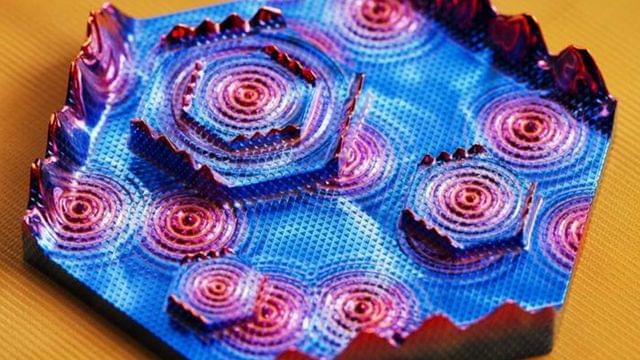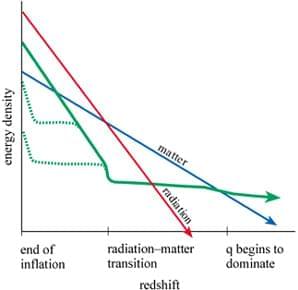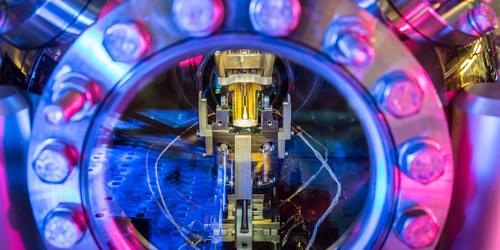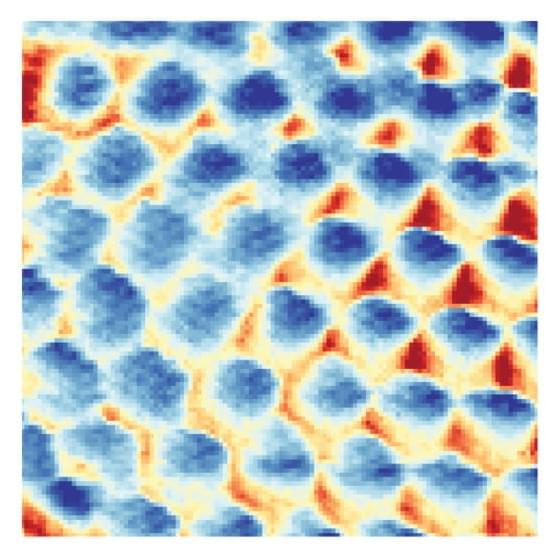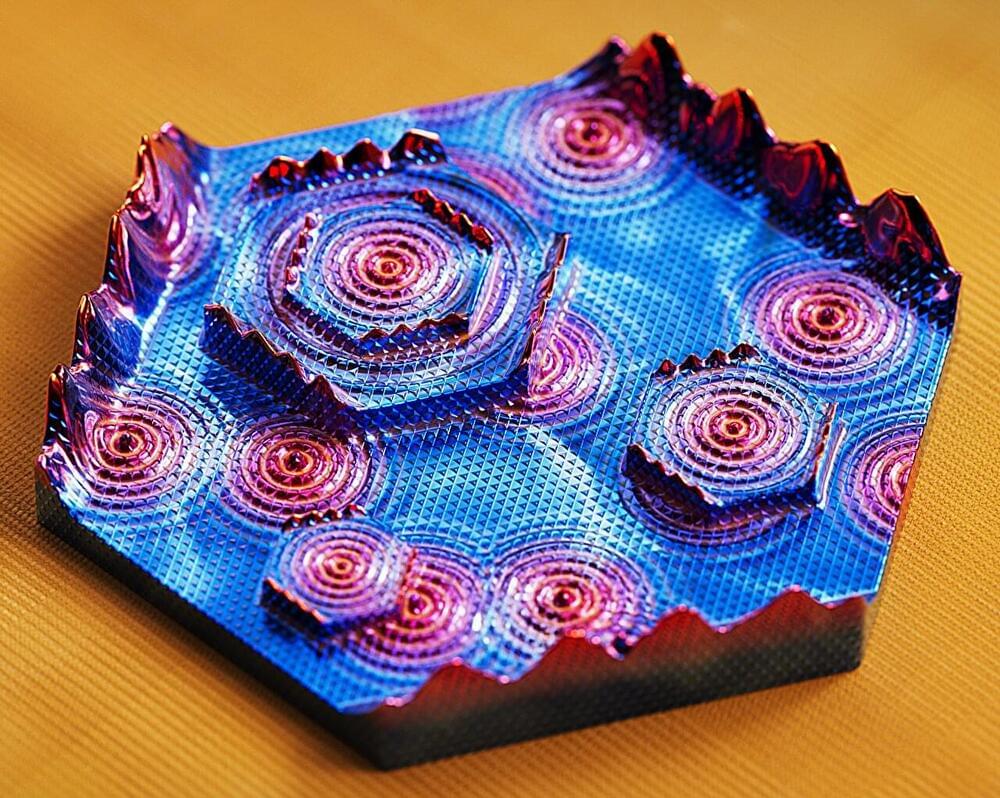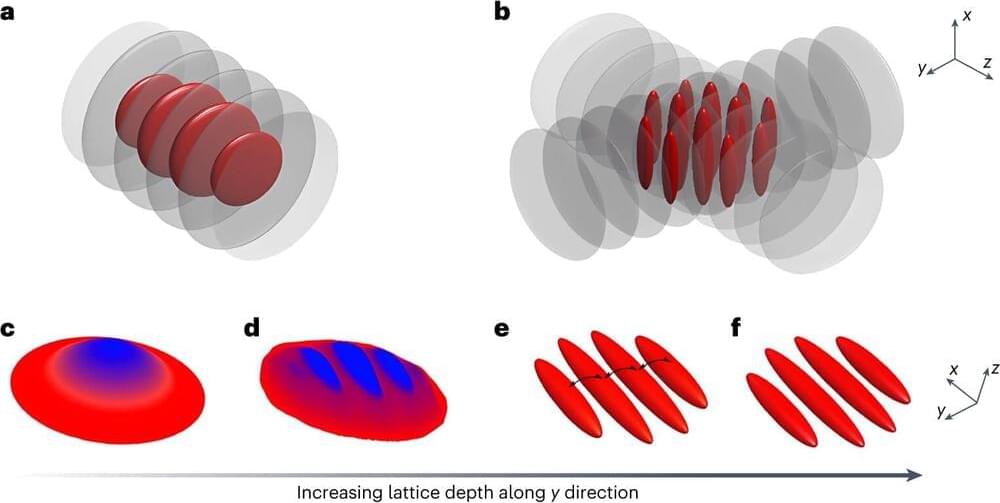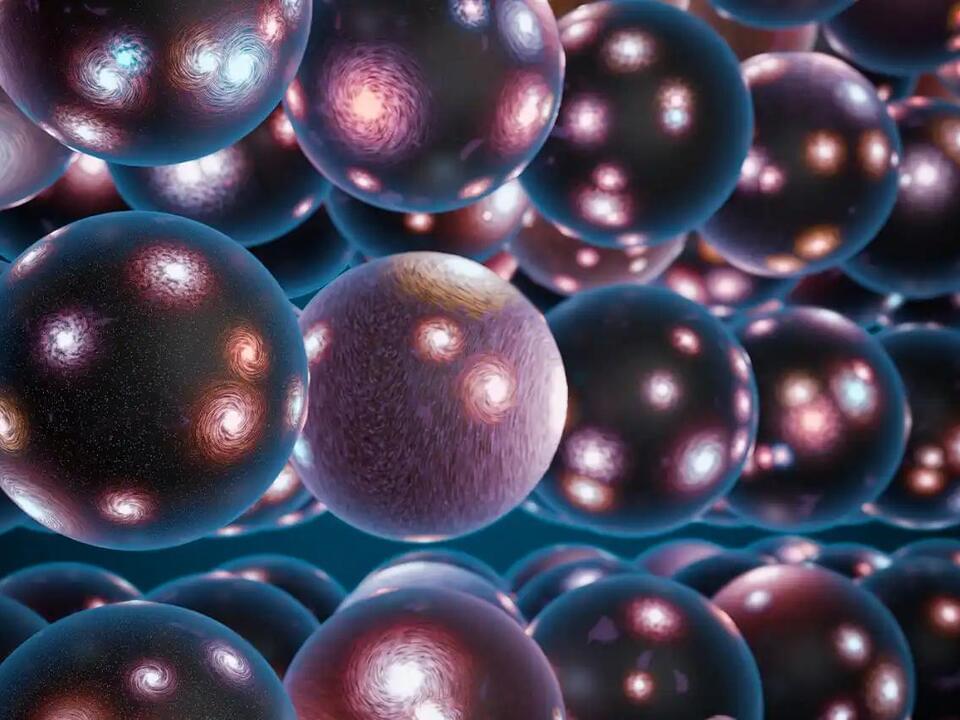Physicists have observed a novel quantum effect termed “hybrid topology” in a crystalline material. This finding opens up a new range of possibilities for the development of efficient materials and technologies for next-generation quantum science and engineering.
The finding, published on April 10th in the journal Natur e, came when Princeton scientists discovered that an elemental solid crystal made of arsenic (As) atoms hosts a never-before-observed form of topological quantum behavior. They were able to explore and image this novel quantum state using a scanning tunneling microscope (STM) and photoemission spectroscopy, the latter a technique used to determine the relative energy of electrons in molecules and atoms.
This state combines, or “hybridizes,” two forms of topological quantum behavior—edge states and surface states, which are two types of quantum two-dimensional electron systems. These have been observed in previous experiments, but never simultaneously in the same material where they mix to form a new state of matter.
